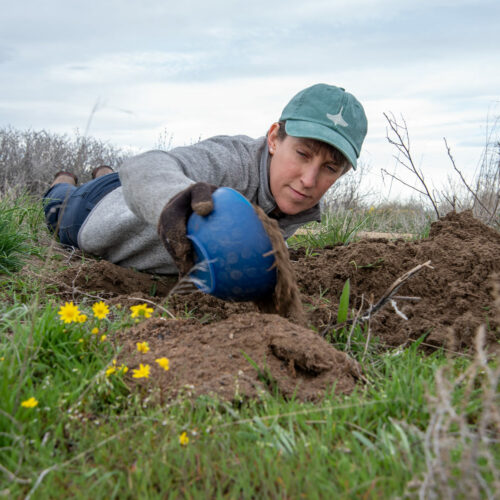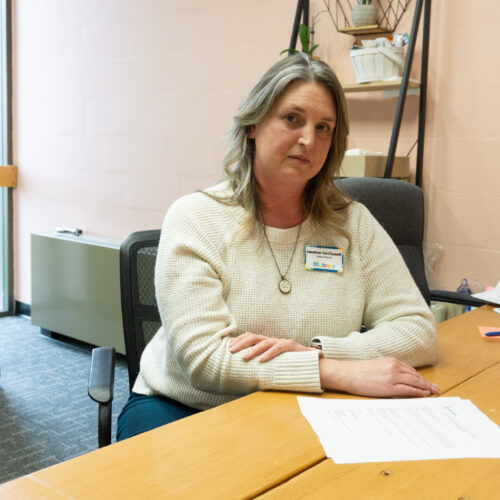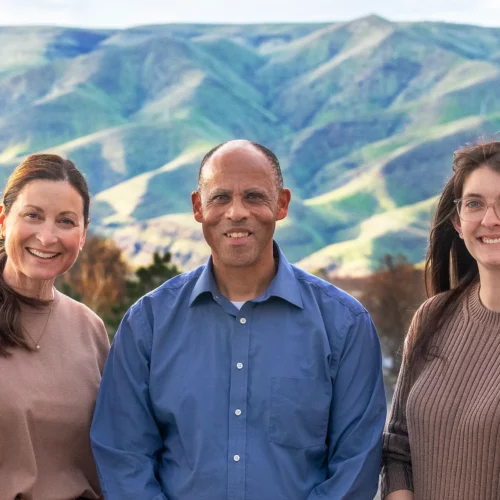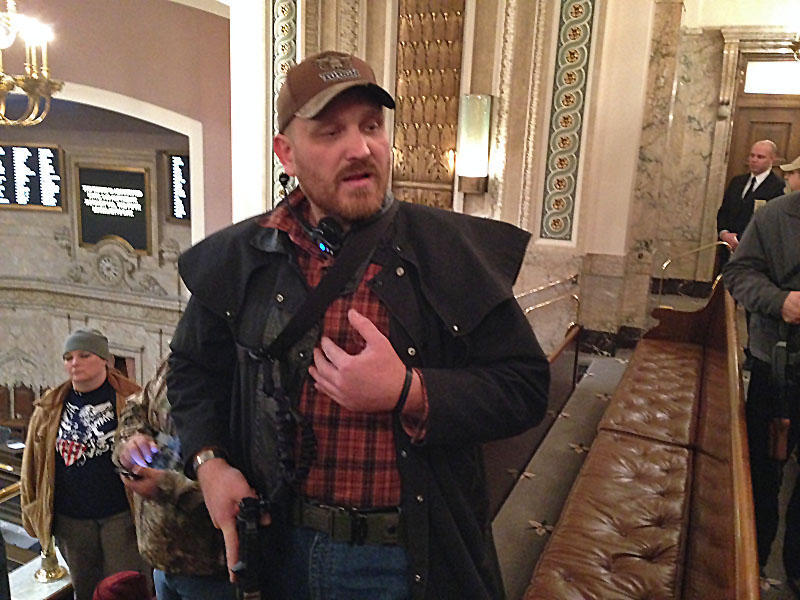
Lieutenant Governor To Ban Guns In Washington Senate Galleries
Listen
All firearms will be banned from the Washington state Senate public viewing galleries when the 2018 legislative session begins January 8.
Lt. Gov. Cyrus Habib, a Democrat who serves as president of the Senate, issued that order Monday, extending a previous order banning openly-carried guns in the Senate galleries.
“I don’t want us to be implementing this type of order the day after some type of tragedy,” Habib said in a phone interview with Northwest News Network and the Associated Press. “I want us to be doing it preemptively and in a way that’s respectful.”
In a letter Monday to the Senate’s sergeant-at-arms, Habib said guns in the gallery violate “the order and decorum required for the operation of the Senate.”
Habib said the new rule will apply to licensed, concealed carry pistol holders, but initially enforcement will focus on screening visitors for high-capacity rifles or “assault weapons.” To that end, Habib is instructing Senate security staff to require visitors to leave bags and heavy coats at the gallery doors.
Ultimately, Habib said, the Senate might install metal detectors outside the doors to the galleries.
The rule will only apply to the Senate galleries, not the House galleries or other locations inside the Washington Capitol building.
According to the National Conference of State Legislatures, Washington is among 23 states that allow guns in their capitol buildings. Ten of those states, including Washington, are open carry states where citizens are allowed to openly carry a firearm as long as it’s not concealed. The other 13 states allow permitted concealed pistol holders to enter capitol buildings armed. Louisiana, Kentucky and Missouri restrict guns in the capitol with an exemption for legislators.
“The message to members of the public is that—as in the case in countless government buildings around the country, including most statehouses, courthouses all over the place—this is a particular setting where it’s not deemed safe to have weapons,” Habib said. “This is in no way a statement about those individuals’ lawful ability to bear arms.”In 2015, then-Washington
Lt. Gov. Brad Owen, a Democrat, banned non-concealed guns from the Senate galleries. The move followed an incident where several gun rights advocates brought their firearms into the Washington House gallery. The State Patrol threatened one man with arrest because he had his finger near the trigger of his gun. That ban was later extended to the House galleries and House and Senate committee meeting rooms.
While campaigning for lieutenant governor in 2016, Habib talked about additional restrictions on guns in the Senate gallery. He said he decided to act in advance of the 2018 legislative session in part because of the current political climate.
“It’s become quite difficult for the Senate to proceed in an orderly fashion when members and staff have, in my view, a justified level of anxiety about their personal safety,” Habib said, citing at March 2017 attack at the British Parliament and the June shooting at a congressional baseball practice.
Visitors to the Washington state Capitol currently do not go through a screening to enter the building. In the fall of 2004, metal detectors were installed at the entry doors to the Capitol but they were taken out less than a year later because of the cost and criticism that it made the building less accessible.
Related Stories:
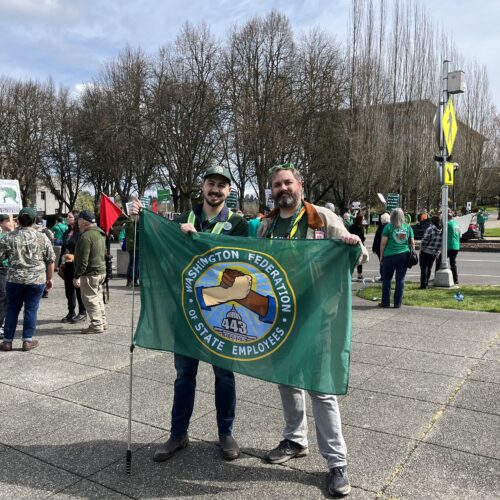
Washington state workers voice opposition to proposed budget cuts
A state budget deficit is normally nothing to sing about. But, workers with the Washington Federation of State Employees have turned their frustration over potential budget cuts into a song, “Washington For All.”
The refrain, “Washington’s for all, not just for the rich,” evokes the union’s stance that instead of making cuts to state services and workers, lawmakers should increase taxes on Washington’s wealthiest residents.
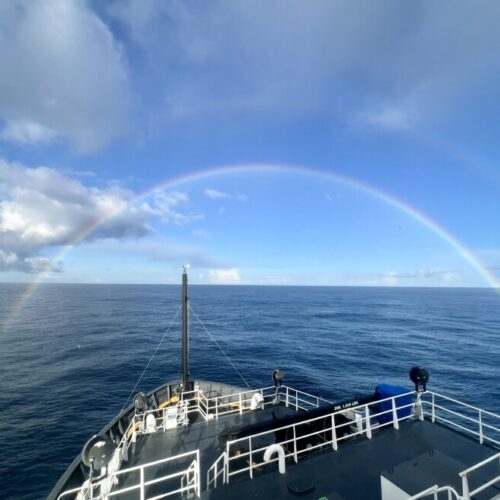
Ocean conditions mixed for salmon, leading to average salmon returns
At least twice a year, scientists board the Bell M. Shimada, a National Oceanic and Atmospheric Administration research vessel, to study the Northern California Current ecosystem. (Credit: Courtney Flatt /
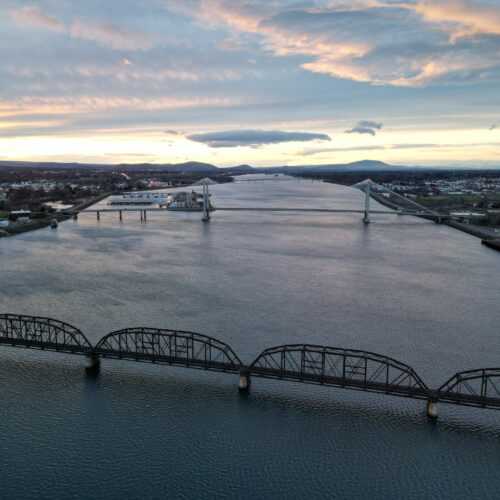
La región de Tri-Cities quiere saber cómo el clima afecta su vida
Una ley estatal obliga a ciudades, pueblos y condados a elaborar planes contra el cambio climático. Los dirigentes de Tri-Cities quieren su ayuda.


